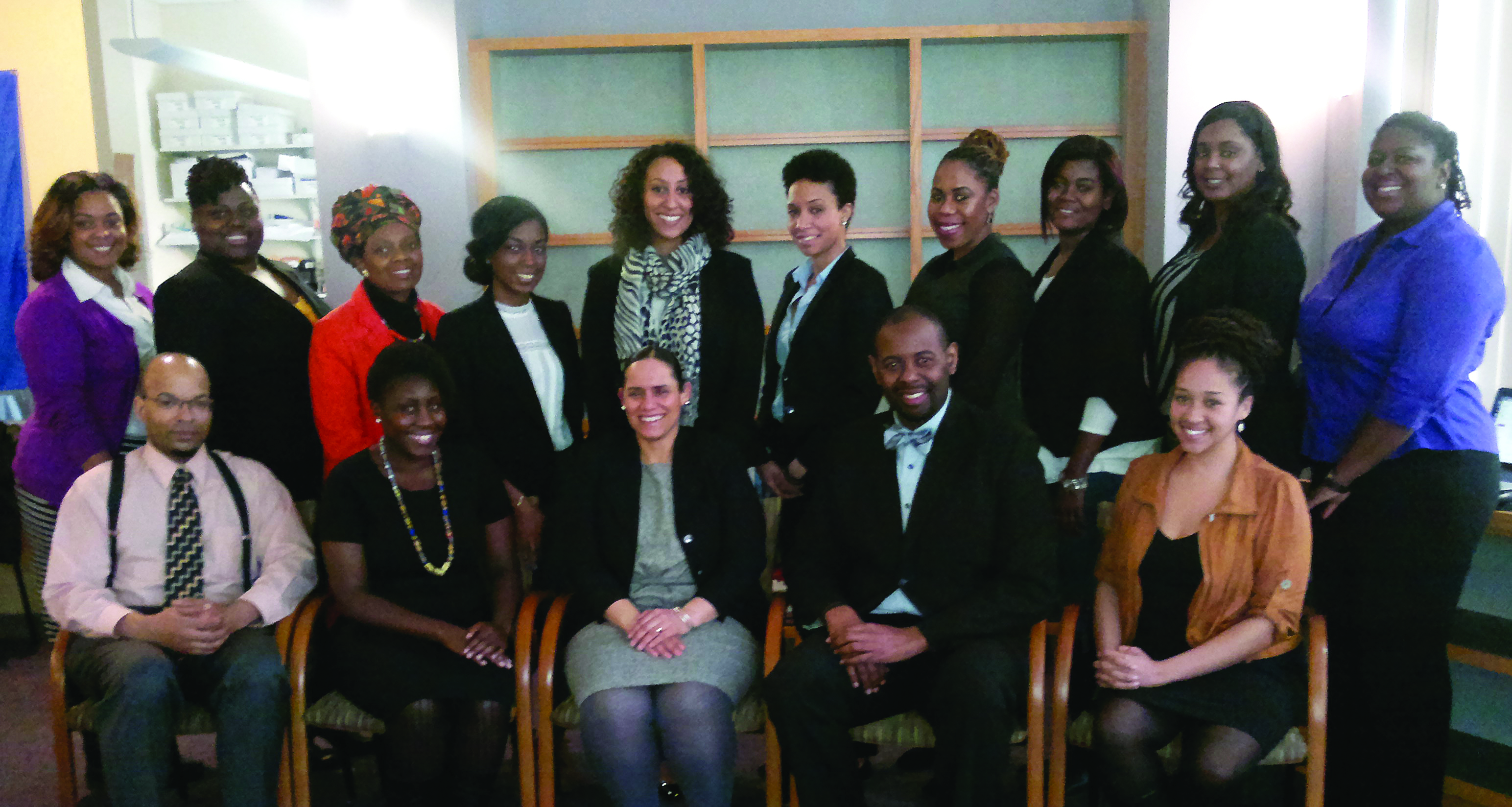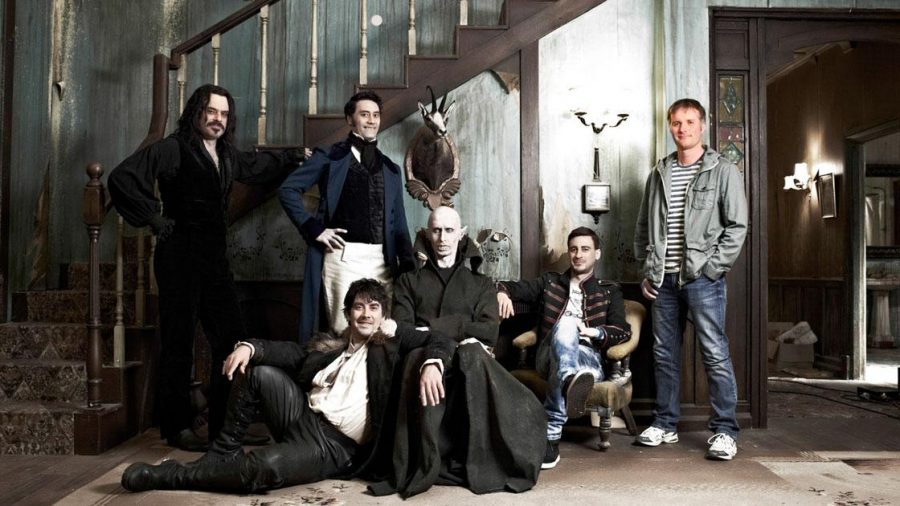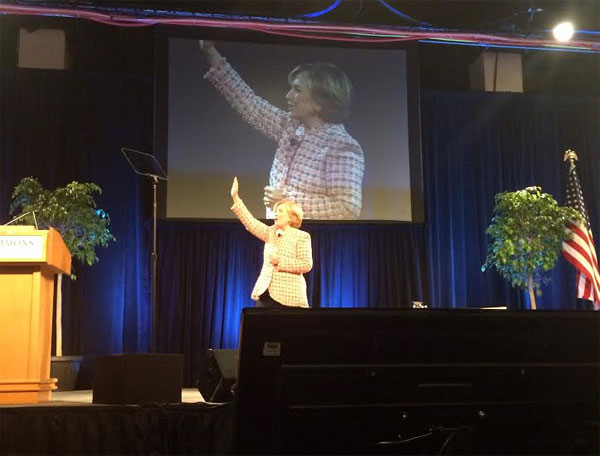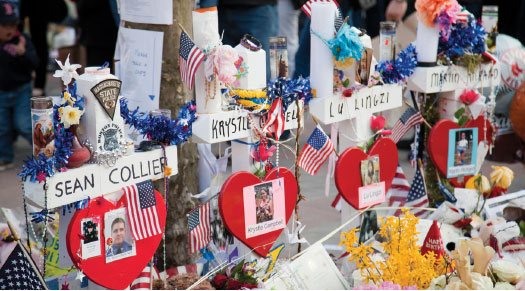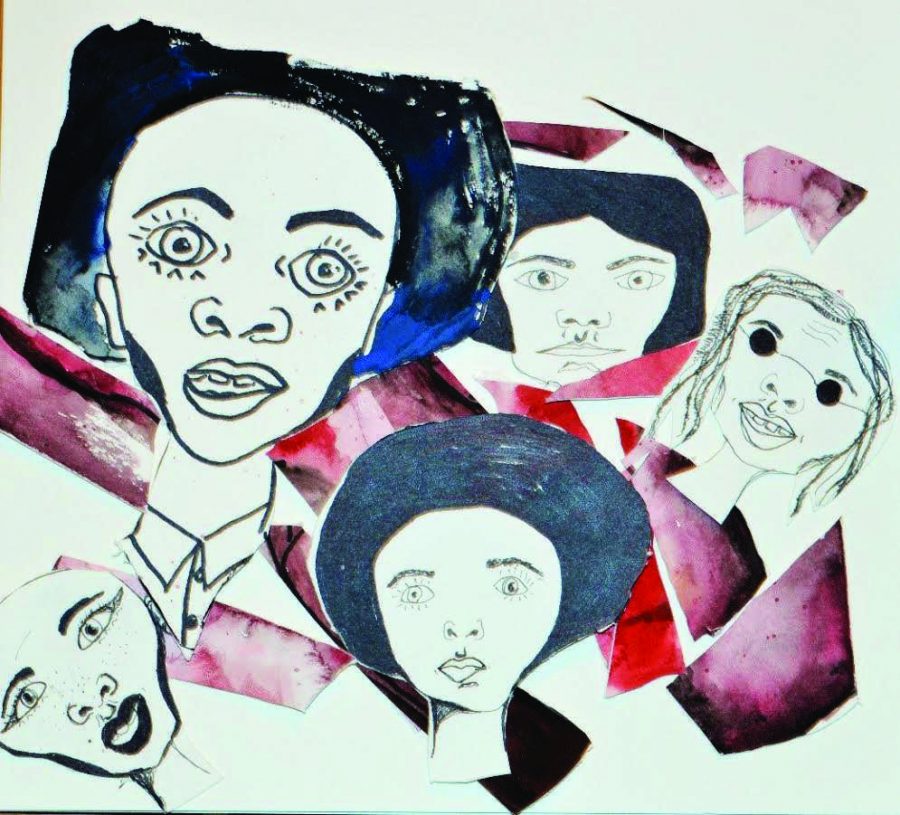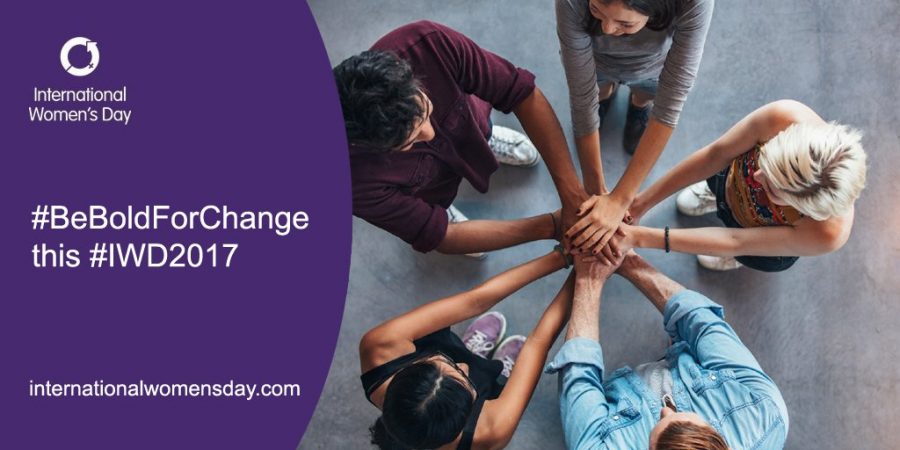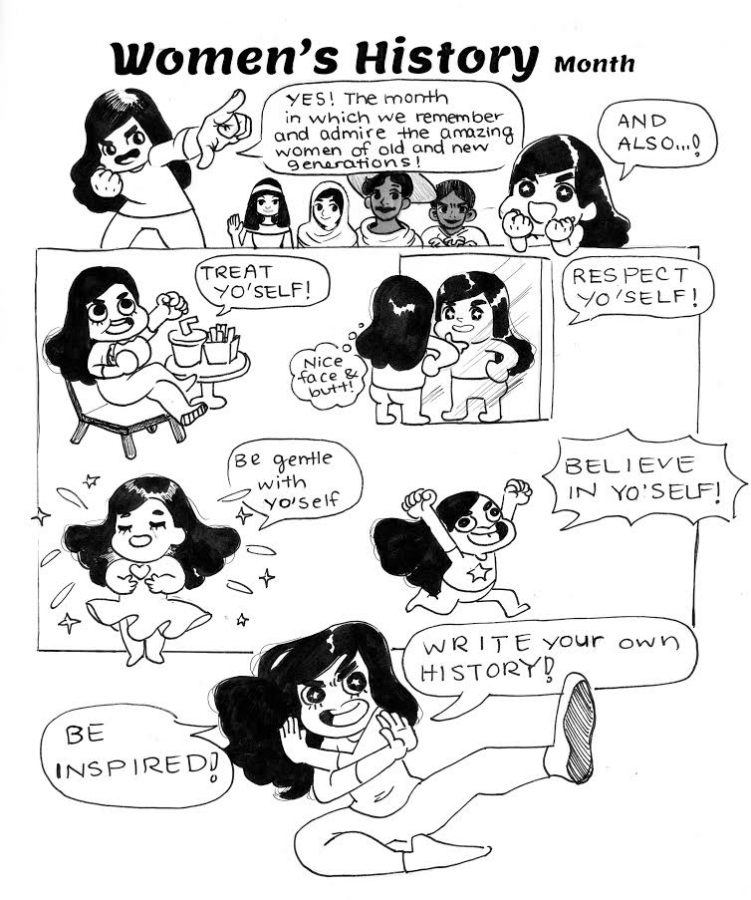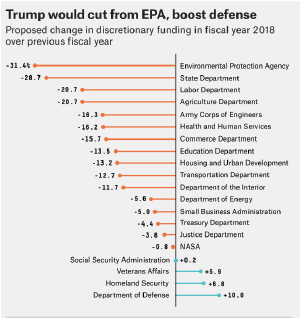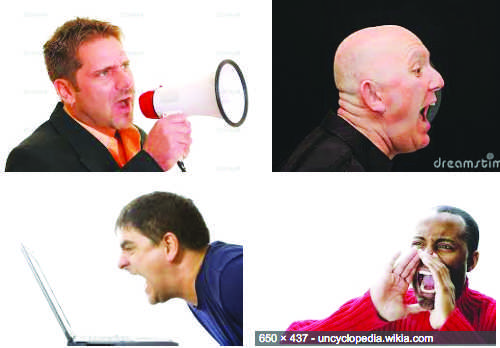By Margaret Teague
Staff Writer
The National Association of Black Social Workers (NABSW) at Simmons continue to increase their presence with their “Taste the Difference” event.
“This event today is our way of saying, ‘We’re here. We’re ready to embrace the community,’ and for the community to embrace us,” said Vice President of the NABSW Simmons chapter, Walter Higgs.
Black Simmons students had expressed their need for support.
“The National Association of Black Social Workers, Inc., comprised of people of African American ancestry, is committed to enhancing the quality of life and empowering people of African ancestry through advocacy, human services delivery, and research,” according to the NABSW website.
The association fights racial domination, oppression, and economic exploitation.
NABSW was created during the Civil Rights Movement in 1968. A chapter of NABSW came to Simmons in 1995, where graduate Professor Johnnie Hamilton-Mason of the social work program served as advisor for 12 years. She was the first African American to graduate from the school of social work.
“The purpose is to provide education and assistance around the needs of African American families,” said Hamilton-Mason. “There are structural inequities of clients. It’s important that the organization and students understand how to change them…There are so many needs of African American students, it’s about righting some of the wrongs.”
This year’s group has been the most active in three years, said Hamilton-Mason. This year there are 25 members.
“We need an organization like this to attract young people who want to be social workers. It’s absolutely necessary for people to have a place to grow and develop.” said Roxann Mascoll, President of NABSW. “This organization exposes people to our culture. People are coming, and appreciating that.”
The three primary goals of the NABSW Simmons chapter are to develop a presence on and off campus, to ensure that there are finances for members to attend conferences, and for overall sustainability, according to Mascoll.
“I remember one day going to an UNOs for pizza with a bunch of my friends, all of whom were African American. Although no one made any comments, there was an energy in the room and a feeling that we were unwelcomed. The vibe was, ‘What are you doing here?’” said Mascoll, who is from New York.
Higgs has experienced racism firsthand in Boston.
In 2008 while riding the Red Line, he was sitting down reading a board. He looked up and saw all white faces. An older, white man peered over his newspaper, came into his personal space, and asked him what he was looking at, followed by a racial slur.
“Everyone around me heard it and gasped.” said Higgs. “I felt violated because I couldn’t defend my space. If I tried to defend it, I knew there’d be serious repercussions. I feel like I would have gone to jail and received a harsh reprimand; and, I feel like nothing would have been addressed.”
“Coming from a black school prepared me for my experience here. I went from being the majority to being the minority,” said Higgs, who atted North Carolina Central University and Morehouse College.
Two support groups are currently held through the Simmons NABSW chapter, “Clinicians of Color,” for African American students led by Melissa Dagher, and “Undoing Racism for White Social Workers,” led by Liz Stalzer.
The two groups will then combine to discuss social work and its relationship in combatting racism.
“It’s been an amazing organization because it is student run. It all depends on the energy of the students,” said Hamilton-Mason.
“It’s a labor of love,” said Higgs.



